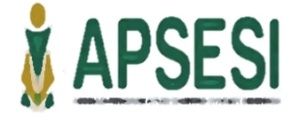REDETERMINING HALAL LIFESTYLE: A QURAN PERSPECTIVE
Abstract
This study aims to explore the verses in the Al-Qur'an which discuss the halal lifestyle which is the main resource for Muslims in everyday life. The method used in this study is a qualitative method with a library research approach which was carried out to explore the interpretation of the Qur'an about the halal lifestyle from the holy book, the Al-Qur'an. This study found that the halal lifestyle based on the perspective of the Qur'an can be continued in the aspect of consumption or lifestyle in choosing food, namely choosing between food, medicine, and products that are forbidden containing alcohol or pork, or choosing Food that is lawful in Islam, the food that is halal and?tayyib. It is the same also in the aspect of Muslim fashion, halal travel, and tourism, as well as in the fields of finance and charity. This research focuses on exploring the most common and familiar lifestyles practiced by the current generation. Further study of the details or even the digital lifestyle should be carried out by future research.
Keywords
Full Text:
PDFReferences
Abdullah, A. (2017) ?A comparison between Malaysia and Indonesia in Islamic banking industry?, Pressacademia, 4(3), pp. 276?286. doi: 10.17261/pressacademia.2017.705.
Afif, M. and Oktiadi, S. (2018) ?Efektifitas Distribusi Dana Zakat Produktif dan Kekuatan Serta Kelemahannya Pada BAZNAS Magelang?, Islamic Economics Journal, 4(2), p. 133. doi: 10.21111/iej.v4i2.2962.
Amit, R. and Zott, C. (2012) ?creating-value-through-business-model-innovation Amit and Zottt?, (53310).
Azam, M. S. E. and Abdullah, M. A. (2020) ?Global Halal Industry: Realities and Opportunities?, International Journal of Islamic Business Ethics, 5(1), p. 47. doi: 10.30659/ijibe.5.1.47-59.
Bashir, K. M. I. et al. (2019) ?Strategies for improving the competitiveness of Korean seafood companies in the overseas halal food market?, Journal of Islamic Marketing, 10(2), pp. 606?632. doi: 10.1108/JIMA-03-2018-0056.
Couyoumjian, C. (2022) The Rise of Women and Wealth: Our Fight for Freedom, Equality, and Control of Our Financial Future. Greenleaf Book Group.
Dannin, R. (2002) Black pilgrimage to Islam. Oxford University Press.
Darmalaksana, W. (2020) ?Metode Penelitian Kualitatif Studi Pustaka dan Studi Lapangan?, Pre-print Digital Library UIN Sunan Gunung Djati Bandung, pp. 1?6.
Dewi, S. and Utama, A. S. (2018) ?The Implementation of Prudential Banking Principle in the Process of Channeling of Funds at Bank Riau Kepri Based on Banking Law?, Proceeding of CELSciTech, 3(September), pp. 14?19. Available at: http://ejurnal.umri.ac.id/index.php/PCST.
Elhany, H. (2018) ?Metode Tafsir Tahlili Dan Maudhu?I?, Ath Thariq Jurnal Dakwah dan Komunikasi, 2(1), p. 288. doi: 10.32332/ath_thariq.v2i1.1078.
Ismal, R. (2011) ?Central bank Islamic monetary instruments: A theoretical approach?, Studies in Economics and Finance, 28(1), pp. 51?67. doi: 10.1108/10867371111110552.
Ismal, R. (2013) Islamic banking in Indonesia: new perspectives on monetary and financial issues. John Wiley & Sons.
Jaelani, A. (2017) ?International Review of Management and Marketing Halal Tourism Industry in Indonesia: Potential and Prospects?, International Review of Management and Marketing, 7(3), pp. 25?34. Available at: http:www.econjournals.com.
Kasim, A. and Wakka, A. (2021) ?Educational Values in the Story of Nūh AS in the Qur ? an?, Turkish Journal of Computer and Mathematics Education, 12(14), pp. 3801?3810. Available at: https://www.turcomat.org/index.php/turkbilmat/article/view/11029/8204.
Khoiriati, S. D. et al. (2018) ?Debating Halal Tourism Between Values and Branding: A Case Study of Lombok, Indonesia?, KnE Social Sciences, 3(5), p. 494. doi: 10.18502/kss.v3i5.2352.
Mursi, A. H. (1997) SDM yang produktif: pendekatan al-Quran dan sains. Gema Insani.
Ndi, B. F., & Fishkin, B. H. (Eds. . (2018) Living (In) Dependence: Critical Perspectives on Global Interdependence. Langaa RPCIG.
Ningish, P. A., Mukhlisin, M., & Nelli, J. (2022) Family Financial Management in Realizing Sakinah Family. In Wealth Management and Investment in Islamic Settings. Springer, Singapore.
Nur Aini and Mundir, A. (2020) ?Pengelolaan Zakat, Infaq dan Sedekah dalam Upaya Meningkatkan Pendapatan Ekonomi Pelaku UMKM di BAZNAS Kota Pasuruan?, Malia (Terakreditasi), 12(1), pp. 95?108. doi: 10.35891/ml.v12i1.2367.
Oktadiana, H. et al. (2017) ?Travel career patterns: The motivations of indonesian and malaysian muslim tourists?, Tourism, Culture and Communication, 17(4), pp. 231?248. doi: 10.3727/109830417X15072926259360.
Putri, T. U. et al. (2019) ?Does mui halal logo matter for young millennials? An experiment study in cosmetic mass-market brand?, International Journal of Scientific and Technology Research, 8(9), pp. 888?890.
Qutb, S. (2011) ?In the Shade of The Qur?an?, Volume I Surah 1-2. The Islamic Fondation. Translated by Adil Salahi.
Rameli, M. F. P., & Amin, S. M. (2016) ?Developing the Islamic Business Ethics: An Analysis of Surah Al-Jumu?ah?, Journal of Business Innovation, 1(2), 45.
Rizal, A. et al. (2020) ?Integrating Zakah and Waqf for Developing Islamic Economic Boarding School (Iebs) Project in Indonesia?, Journal of Islamic Economics and Philanthropy (JIEP). E-ISSN, 03(02), pp. 2655?335. Available at: https://ejournal.unida.gontor.ac.id/index.php/JIEP/article/view/4577.
Safitri, L. et al. (2019) ?The Relationship between Human Being and Animal: The Study of the Concepts of Khalifah and the Animals in the Quran?, Animal Production, 20(3), p. 211. doi: 10.20884/1.jap.2018.20.3.742.
Sardar, Z. (2017) Reading the Qur?an: The contemporary relevance of the sacred text of Islam. Oxford University Press.
Sari, M. (2020) ?NATURAL SCIENCE : Jurnal Penelitian Bidang IPA dan Pendidikan IPA , ISSN : 2715-470X ( Online ), 2477 ? 6181 ( Cetak ) Penelitian Kepustakaan ( Library Research ) dalam Penelitian Pendidikan IPA?, Natural Science [Diakses 11 Juli 2022], 6(1), pp. 41?53.
Sayekti, N. W. (2014) ?Jaminan Produk Halal dalam Perspektif Kelembagaan?, Jurnal Ekonomi dan Kebijakan Publik, Vol. 5 No.(November), pp. 193?209. Available at: http://id.portalgaruda.org/?ref=author&mod=profile&id=583667.
Setyowati, A., Harmadi, H. and Sunarjanto, S. (2018) ?Islamic Financial Literacy and Personal Financial Planning: A Socio-Demographic Study?, Jurnal Keuangan dan Perbankan, 22(1), pp. 63?72. doi: 10.26905/jkdp.v22i1.1625.
Susanty, A. et al. (2022) ?Measuring halal logistics implementation?, Journal of Islamic Marketing. doi: 10.1108/JIMA-08-2021-0266.
Susilo, A. (2016) ?Kontribusi Waqf Gontor Terhadap Kesejahteraan Masyarakat Desa Gontor?, Islamic Economics Journal, 2(1), 17?3.
Tajzadeh, N. A. (2013) ?Value creation in tourism: an Islamic approach?, International Research Journal of Applied and Basic Sciences, 4(5), 1252.
Tamami, L. and M. M. (2018) Sakinah Finance: Solusi Mudah Mengatur Keuangan Keluarga Islam. Tiga Serangkai Pustaka Mandiri.
Zuliansyah, A., Pratomo, D., & Supriyaningsih, O. (2022) ?The Role of Financial Technology (Fintech) in ZIS Management to Overcome Poverty?, Indonesian Interdisciplinary Journal of Sharia Economics (IIJSE), 5(1), 203-.
DOI: http://dx.doi.org/10.30984/tjebi.v7i2.2065
Article Metrics
Abstract view : 1035 timesPDF - 461 times
Refbacks
- There are currently no refbacks.
Copyright (c) 2022 Tasharruf: Journal Economics and Business of Islam
License URL: https://creativecommons.org/licenses/by-nc/4.0/
Tasharruf: Journal Economics and Business of Islam is indexed by:
 |
 |
 |
 |
 |
|
 |
 |

This work is licensed under a Creative Commons Attribution-NonCommercial 4.0 International License.
________________________________________________________
Tasharruf: Journal Economics and Bussiness of Islam is published by Fakultas Ekonomi dan Bisnis Islam, Institut Agama Islam Negeri (IAIN) Manado
Jl. Dr. S. H. Sarundajang Kawasan Ring Road I Malendeng Manado, Sulawesi Utara, Indonesia 95128
Email: [email protected]
ISSN Print: 2528-0317 ISSN Online: 2528-0325


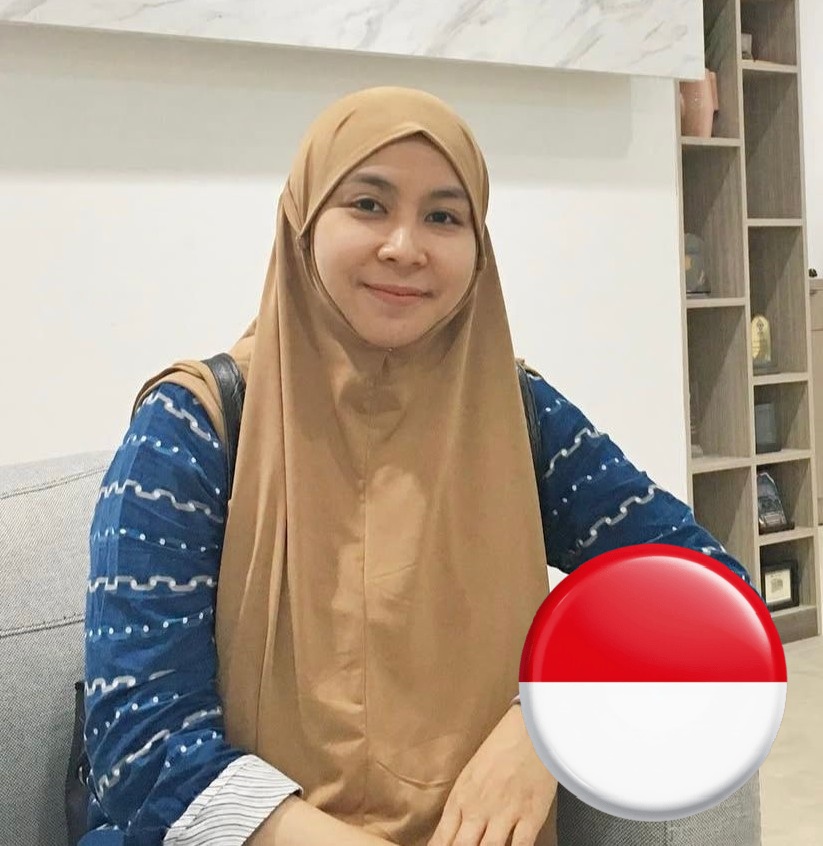

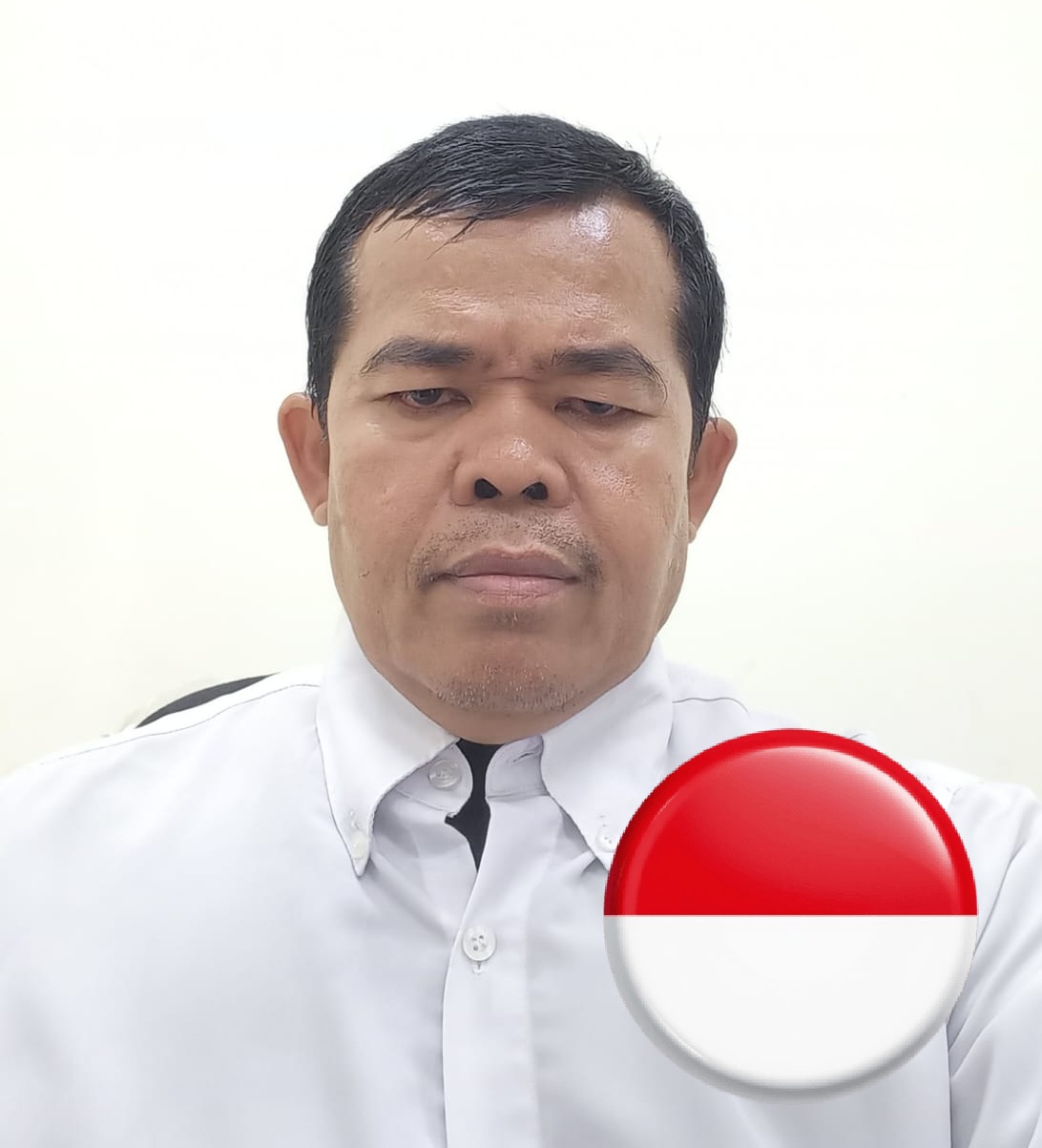
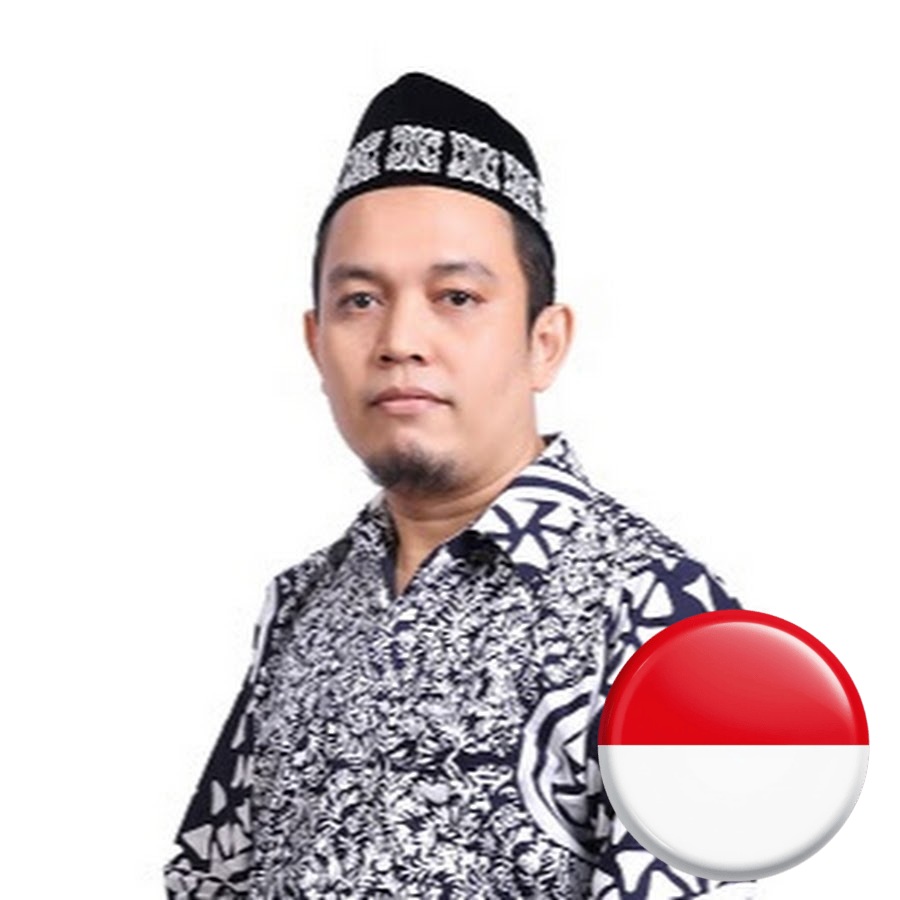



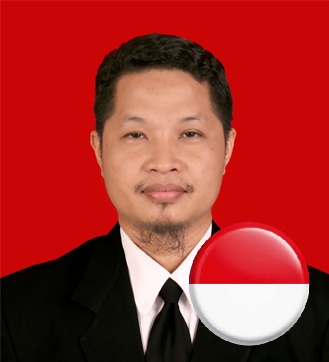


1.png)
